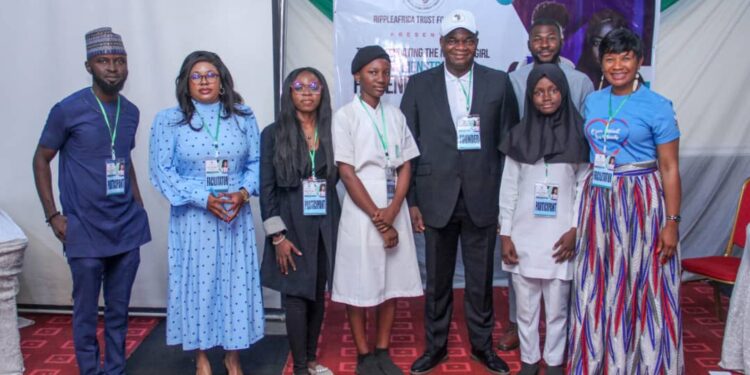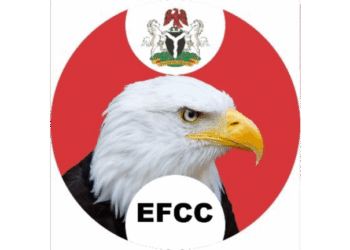As part of efforts to promote menstrual hygiene among girls in schools, stakeholders, on Friday, called for proper orientation and support to help young girls manage their periods safely and free from embarrassment.
The stakeholders who spoke in Abuja, during the RippleAfrica Trust Foundation, one-day summit on the state of the Nigerian girl-child with the theme: “Educating the Nigerian Girl on Menstrual Hygiene Practices.” said that there will be a healthier environment if girls are sensitised properly on menstrual hygiene.
The foundation’s founder, Barr. Ikechukwu Felix Ibeto, said that the theme was championed to sensitise young girls on menstrual hygiene as it strongly believed that by fostering an understanding of menstrual health.
Ibeto said: “Menstrual hygiene is not merely a biological process but a fundamental aspect of a girl’s life, shaping her present and future. A few days ago, we launched the Pad-up girls awareness campaign, a realm where awareness meets action, education meets empowerment, and compassion meets commitment.
“This noble cause themed ‘Educating the Nigerian Girl on Menstrual Hygiene Practice’ was championed to sensitize young girls on menstrual hygiene as we strongly believe that by fostering an understanding of menstrual health, we are contributing to creating a healthier environment where every girl, irrespective of her educational background, can confidently pursue her dreams and engage in daily activities without inhibition.
“Because we believe menstruation is a gift to women and must be treated as such, we are inviting all well-meaning corporate organizations and individuals to join hands in supporting the cause of the girl child. Your collective efforts can bring about a transformative impact, shaping a better world for everyone”.
Presenting her speech, the Founder and Executive Director of Pad-Up Africa, Ashley Lori, said menstruation is a topic that should be mentioned across every sector.
She cautioned people against stigmatising adolescent girls during their menstruation, noting that there is a need to engage boys and men to let them know that menstruation is natural.
“We need to tell the people around us and teach them the right things to do. If we make every public school to have accessible facilities for girls, the number of girls will increase in schools.”
Also, the Director, Donors Development- Africa of Wells Bring Hope Foundation, Ibrahim Nazif Nuhu, urged Nigerians to join hands in the fight for gender equality and justice to help women with menstrual challenges.
He said: “We must ensure that every girl has access to safe and hygienic menstrual products, proper sanitation facilities, and accurate information about their bodies and reproductive health.”











